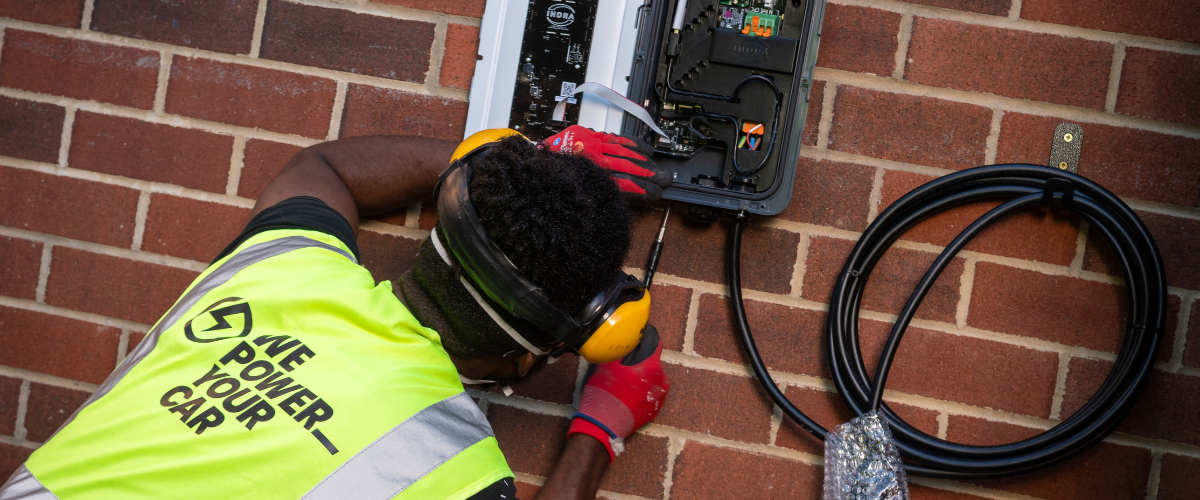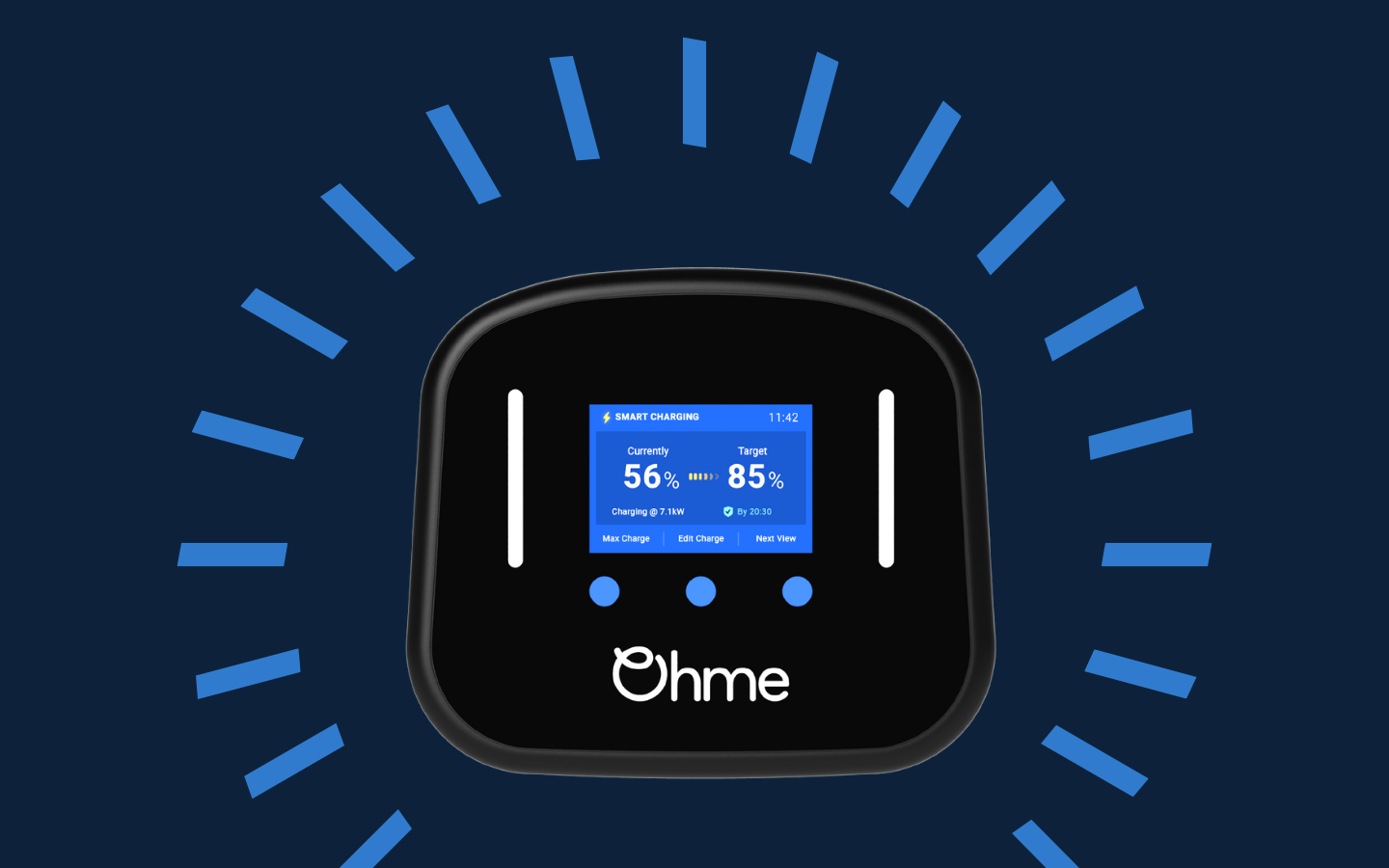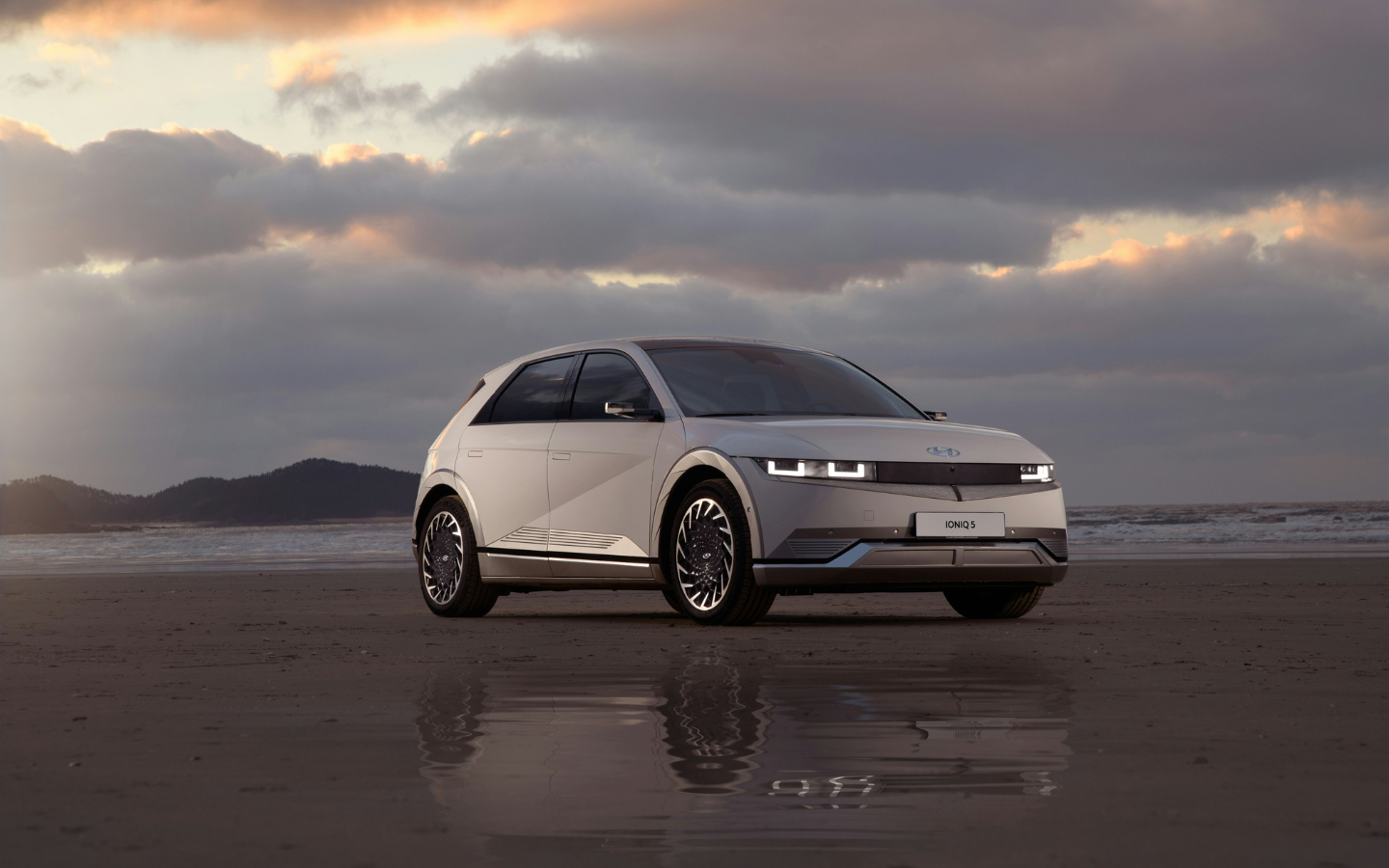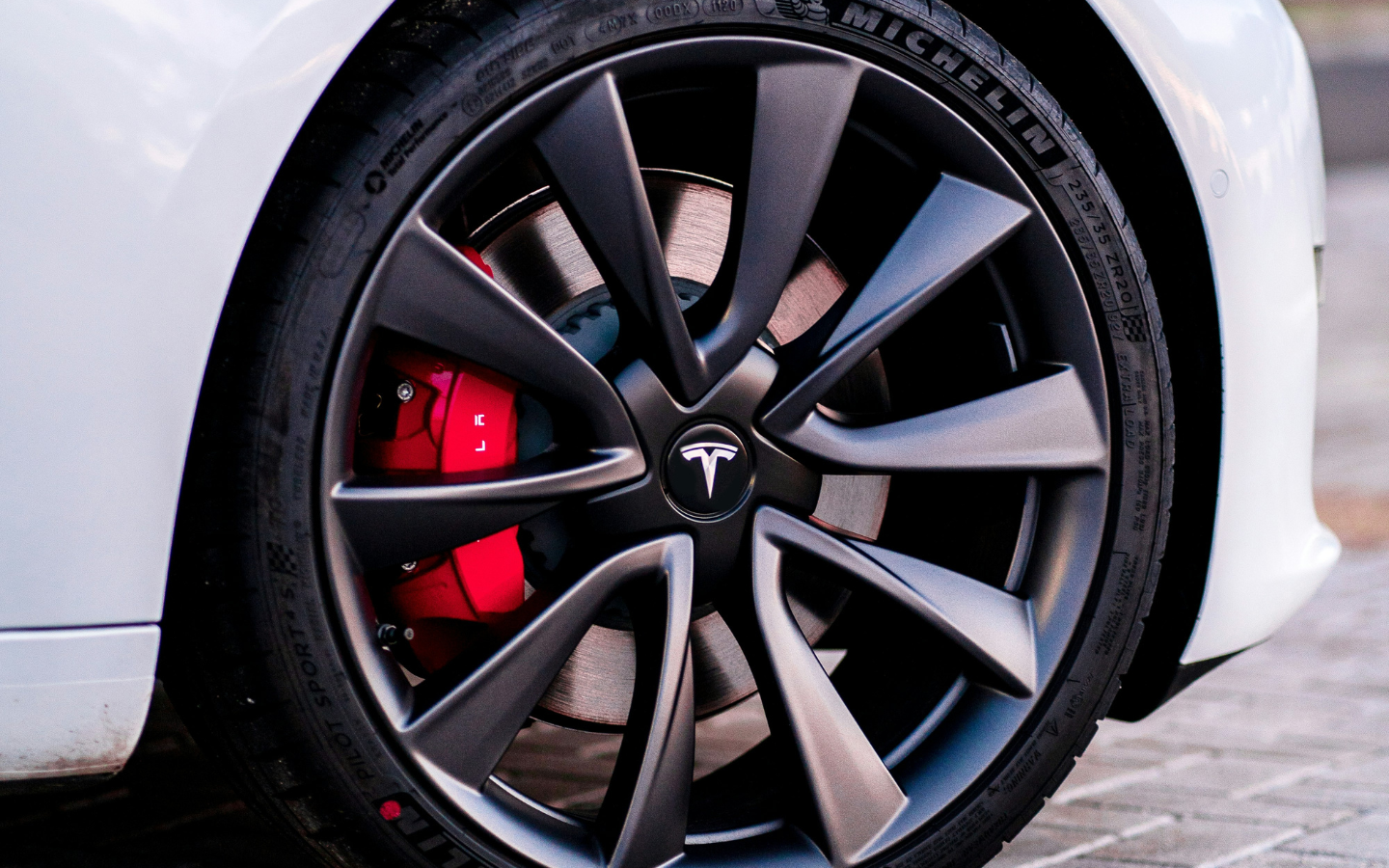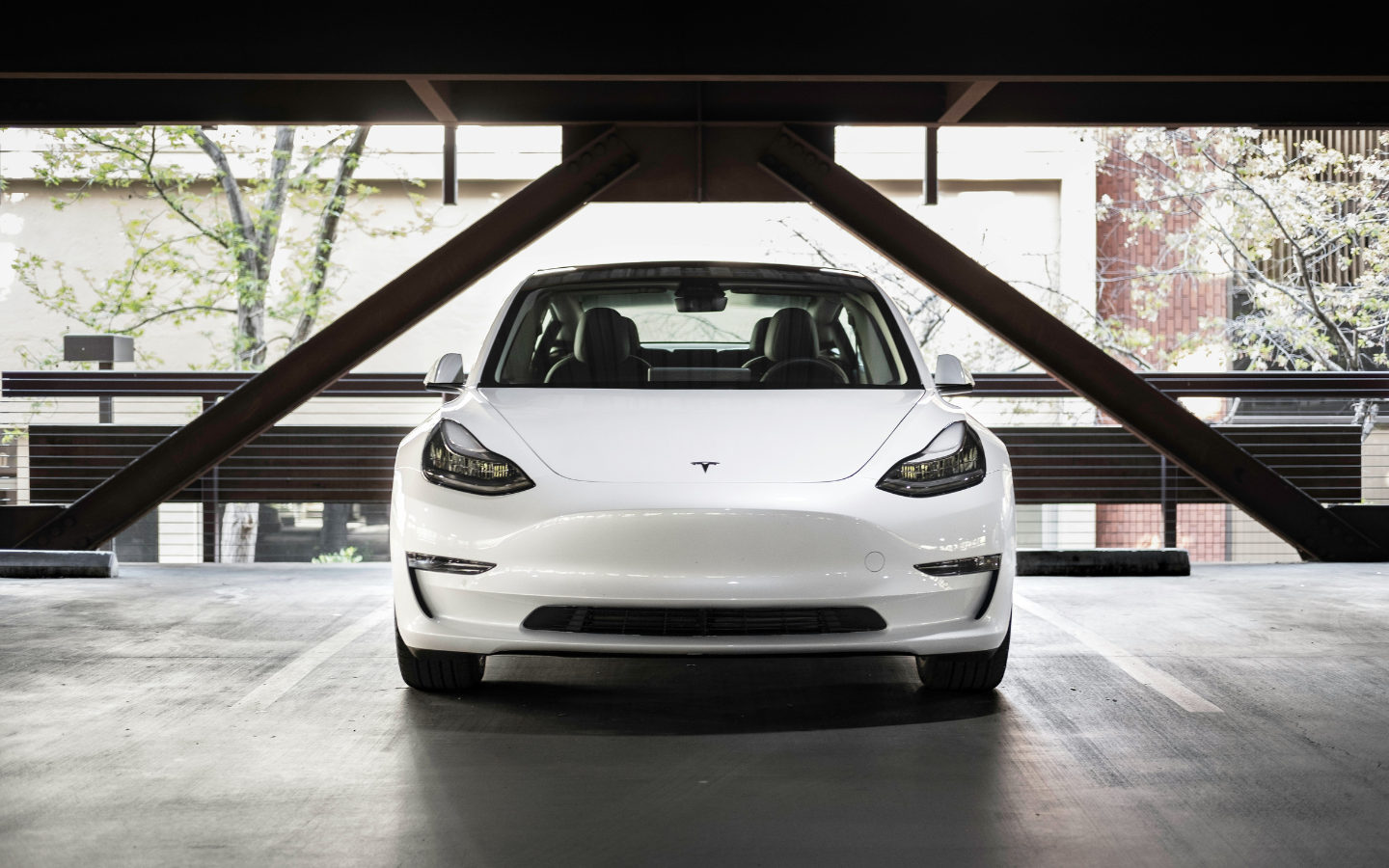

Do electric cars need an MOT?
Electric vehicle (EV) owners enjoy many benefits and various exemptions. Fact. And with over 1,850,000 electric cars in the UK, the road is paved with a sparkling electric future.
But with the uptake in EV adoption, recent EV converts may be wondering – do electric cars need an MOT?
In this article, we will get into the ins and outs of electric car MOTs, including MOT costs, what’s included in the MOT, and the difference between an EV MOT and a petrol and diesel MOT.
Summary:
The answer is a resounding yes – all types of electric vehicles, whether battery electric cars or hybrid electric cars, require an MOT test in the UK, just like petrol and diesel vehicles. And your vehicle has to pass it, too.
Do electric cars need an MOT?
Yes—in the United Kingdom and Northern Ireland, electric cars are subject to the same legal MOT requirements as traditional petrol and diesel vehicles. In essence, MOT tests evaluate a vehicle’s roadworthiness, including factors such as brakes, lights, tyres, and emissions, so they are essential for any vehicle—whether electric or not. If your electric vehicle fails, you will be unable to drive it on UK roads.
New electric cars: Just like petrol and diesel cars, new electric vehicles are exempt from an MOT for the first three years from the vehicle’s registration date. After this, your electric car will have to undergo a yearly MOT.
Used electric cars: Once the initial three-year period has expired, used electric cars must undergo an annual MOT test. This regular inspection ensures ongoing compliance with safety and environmental standards as the vehicle continues to be used on the road.
How much is an MOT on an electric car?
An electric car MOT cost can vary depending on the garage you visit. As a general rule of thumb, manufacturer garages typically charge more than local independent garages. That said, the cost of an electric car MOT should not exceed the standard MOT fee, which currently stands at £54.85 – whether an electric, petrol or diesel vehicle.
Unfortunately, EV MOTs will be around the same price as a traditional internal combustion engine vehicle MOT – not cheaper, despite fewer parts in an electric car.

Where can I find a test centre that undertakes electric vehicle MOTs?
Any garage should be able to undertake an electric car MOT, they cannot turn you or your electric vehicle away or refuse to undergo the MOT. Don’t worry, though. As the volume of electric car sales continues to surge, it’s unlikely you’ll encounter any problems when taking your electric vehicle. Truthfully, soon, electric cars will become the norm.
If you are wondering where to take your electric car for its MOT, recognised companies are already promoting EV MOTs and servicing, such as Kwik Fit and Halfords.
Just make sure any garage you visit gives you an MOT test certificate after your EV passes its MOT.
Are there any differences in the MOTs?
1. The difference is minimal
Although electric cars have some differences compared to internal combustion engine (ICE) vehicles, the EV MOT process remains largely the same. Essential safety checks on components such as brake pads, discs, seatbelts, and windscreen wipers are still conducted during the MOT.
The only significant difference is that emission and noise tests are not applicable to electric vehicles and are therefore not undertaken.
2. The duration of an electric car MOT is typically shorter
Since battery electric cars have fewer moving parts, the duration of an EV MOT is likely to be shorter compared to that of an ICE vehicle. This streamlined process is due to the reduced number of components requiring inspection.
Typically, an electric MOT will be 10-15 minutes quicker than a petrol and diesel vehicle MOT.
Maintenance and repair costs
While electric cars generally have lower maintenance and repair costs due to their simpler mechanical systems, some repairs may still be necessary. For example, issues such as windscreen damage or air conditioning problems may require repairs that are similar to those for petrol and diesel cars.
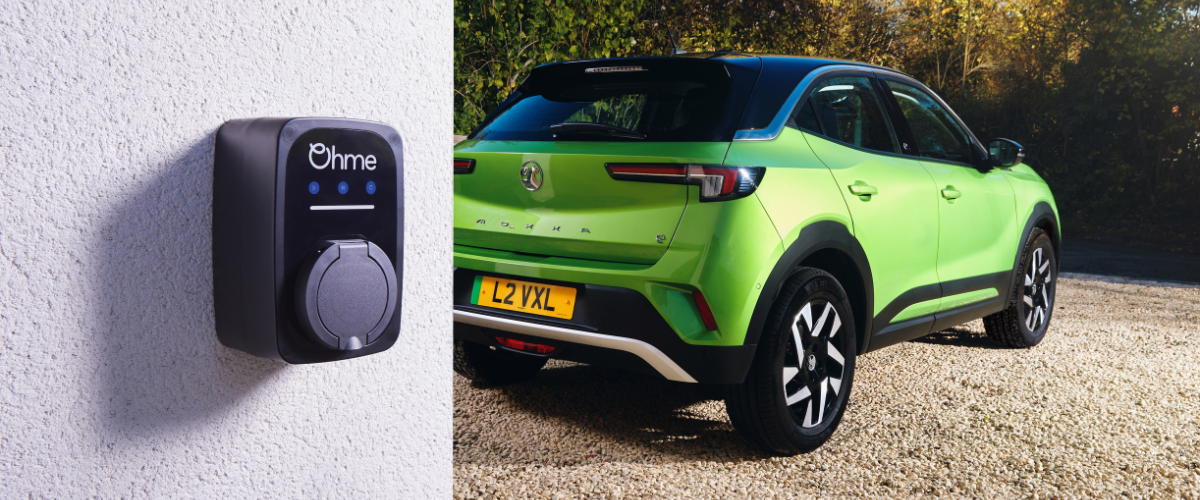
Summary:
- Despite exemptions from the Congestion Charge and ULEZ charges, electric cars are subject to the same legal obligations as traditional ICE vehicles when it comes to the MOT test – every year, unless new.
- EV MOT costs vary, but they can’t be more than the maximum £54.85 for a standard MOT – just like petrol, diesel and hydrogen vehicles.
- New hybrid and pure electric cars are granted an initial MOT exemption period of three years before an annual MOT is required, while used electric cars – older than three years – require an annual MOT test.
- While the essence of MOTs stays the same whether petrol, diesel, electric or hybrid, electric car MOTs are typically shorter in length as there are fewer parts to check.
Do you have an electric car? Are you interested in faster, cheaper and more convenient home EV charging?
Contact us today to discuss our market-leading range of home electric car chargers at 03333 44 96 99. Our expert customer service team will always be happy to help. Or, click below to get your free EV charger quote or to browse our range of charging point.
In our comprehensive packages, we supply, manage and install your EV charger installation. Stress-free, hassle-free. Plus, with experienced and accredited EV charger installers across the UK, we can install wherever you are, no matter your location.
